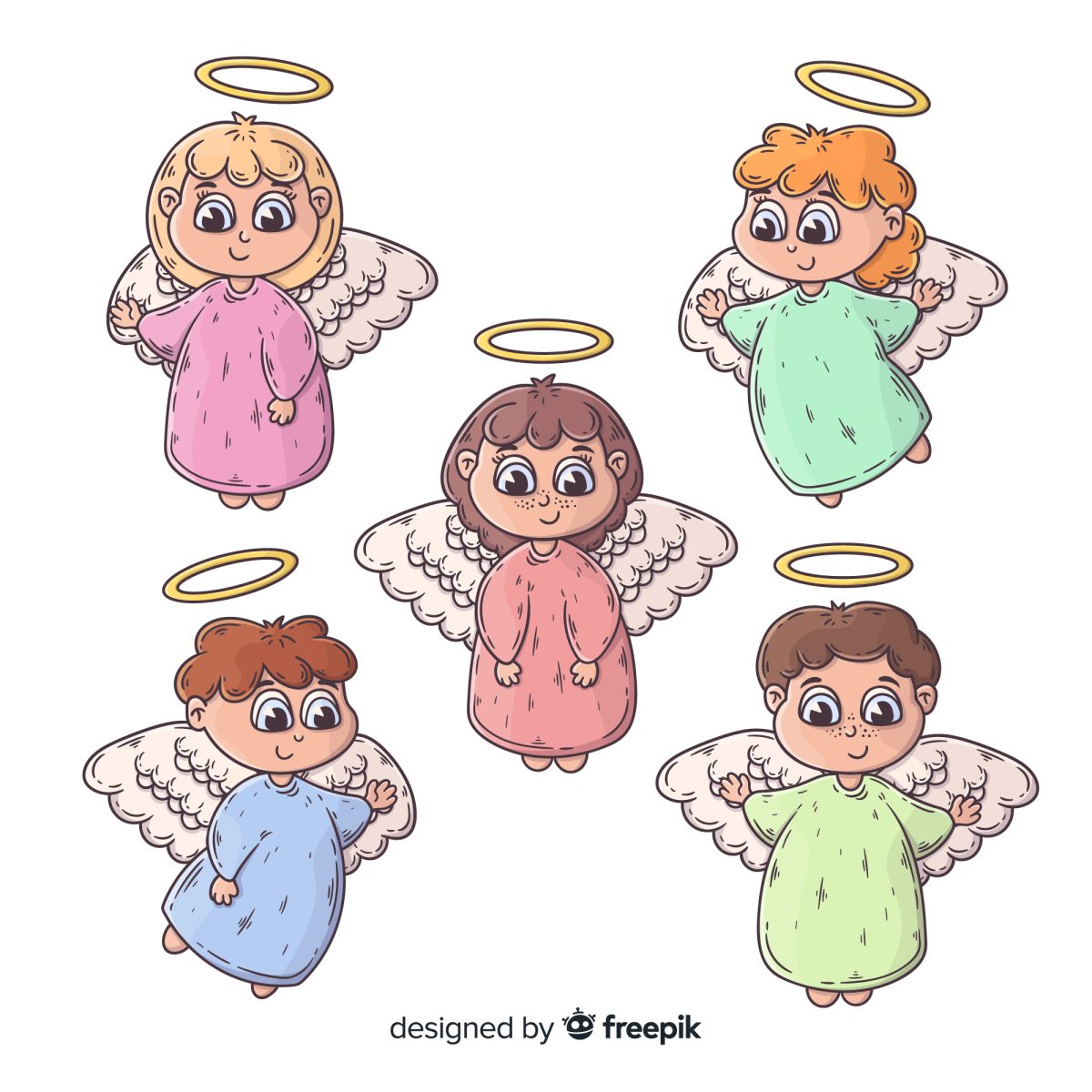Sonny Angels are cute little figurines that have captured the hearts of many collectors and fans worldwide. In the early 2000’s, Toru Soeya, a Japanese toy manufacturer, created Sonny Angels as a source of comfort and support for 25-year-old Japanese women in the workforce.
Soeya’s initial inspiration was a cute smiling 2-year-old boy, from a hundred-year-old American cartoon called Kewpie, with Soeya’s twist of adding different and unique styles of clothing and hats.
The concept is simple, Sonny Angels are part of a bigger toy collector trend known as “blind boxes,” with each box showcasing different themes such as fruits, animals, candy, et cetera. Within each theme, they can consist of multiple different stances which include sitting, standing, and “hippers,” the figurines have a sticky side enabling them to stay on your belongings.
This adds to the tantalizing Sonny Angel slogan, “He may bring you happiness.”
In recent years, Sonny Angels has resurged in popularity amongst many social media platforms, especially within Gen Z, who are fond of embracing unique and unconventional trends.
Social media platforms like TikTok, Instagram, and Pinterest, allowed content creators to showcase these dolls in picturesque ways through videos and photos of unboxing them and placing them amongst displays. The thrill of unboxing each figurine has heightened the appeal, drawing many collectors and fans to fold.
The pull from Generation Z comes from the nostalgic feeling and the minimalist style. The figurines have evoked a playful sense of nostalgia with this generation yearning for childhood with these quirky artifacts. The feeling of nostalgia is refreshing and healing for many individuals, leaving them to want to buy more.
Amongst individuals of the digital age, the idea of Sonny Angels have transcended from being mere collectibles to being a figure of joy and self-expression. After being deeply rooted in the concept of “Kawaii,” Sonny Angels have cherished the values of innocence and simplistic charms that are ingrained within Japanese culture, which now echo within the global audience.
Beyond their appearance, these figurines have symbolized a movement of embracing the small things in life and finding delight in everyday life.
For collectors, the special edition, rare designs, and theme series allure the diverse aesthetics.
The connection between the owner and the angel is fostered deeply as being whimsical and endearing as they provide companionship in stressful situations. That in the end, brings a source of happiness into everyday life.

